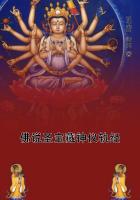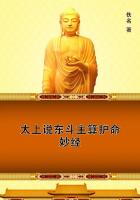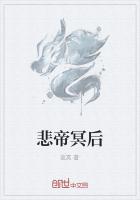T/HE author who exercised the most influence on the earlier philosophic school of Scotland was not Locke, but Lord Shaftesbury (born 1671, died 1713), the grandson of the Lord Chancellor Shaftesbury, who bad been the friend of Locke." Peace," says he, " be with the soul of that charitable and courteous author, who, for the common benefit of his fellow-authors, introduced the way of miscellaneous writing." He follows this miscellaneous method.The pieces which were afterwards combined in his " Characteristics of Men, Manners, and Times," were written at various times, from I 707 to 1712.They consist of a " Letter Concerning Enthusiasm," " Sensus Communis, an Essay on the Freedom of Wit and Humor," " Soliloquy, or, Advice to an Author," "An Inquiry Concerning Virtue and Merit," "The Moralists, a Philosophical Rhapsody," "Miscellaneous Reflections on the said Treatises, and other Critical Subjects," "A Notion of the Historical Draught or Tablature of the judgment of Hercules, with a Letter concerning Design." He tells us that the miscellaneous manner was in the highest esteem in his day, that the old plan of subdividing into firsts and seconds had grown out of fashion, and that the " elegant court divine exhorts in miscellany, and is ashamed to bring his {30} twos and threes before a fashionable assembly." "Ragouts and fricassees are the reigning dishes; so authors, in order to become fashionable, have run into the more savory way of learned ragout and medley." His style is evidently after the French, and not the old English, model.
It has the jaunty air of one who affects to be a man of elegance and fashion.Undoubtedly he was extensively read in the Greek and Roman philosophy, especially in Plato, Aristotle, Cicero, and the Roman Stoics, and he has many just and profound views, but these are ever made to appear as the ornaments of a modern nobleman, who studies philosophy as an accomplishment.
His " Characteristics" open with remarks on "Enthusiasm," and on " Wit and Humor." He tells us that "vapors naturally rise," and he would dispel them by ridicule." The melancholy way of treating religion is that which, according to my apprehension, renders it so tragical, and is the occasion of its acting in reality such dismal tragedies in the world." He would " recommend wisdom and virtue in the way of pleasantry and mirth," and tells us that " good-humor is not only the best security against enthusiasm, but the best foundation of piety and true religion." It does not appear very clearly what is the nature of the piety and religion which he would recommend.
Sometimes he seems to scoff at the Scriptures, and at all their spiritual verities and holy mysteries; at other times he would make it appear as if he wished to be thought a believer in Christianity.There is, I suspect, much of latent levity in the profession he makes: " We may in a proper sense be said faithfully and dutifully to embrace those holy mysteries even in their minutest particulars, and without the least exception on account of their amazing depth," " being," he adds, " fully assured of our own steady orthodoxy, resignation, and entire submission to the truly Christian and catholic doctrines of our holy church, as by law established."But he reckons these pleasantries merely as an introduction to graver subjects.He has largely caught the spirit of Locke, but he by no means follows him, especially in his rejection of innate ideas."No one," says he, "has done more than Locke towards recalling of true philosophy from barbarity into the use and practice of the world, and into the company of the better and politer sort, who might well be ashamed of it in its {31} other dress.No one has opened a better and clearer way to reason." But he qualifies his praise."'Twas Mr.Locke that struck at all fundamentals, threw all order and virtue Out Of the world, and made the ideas of these, which are the same with those of God, unnatural, and without foundation in our minds.
<Innate> is a word he poorly plays upon: the right word, though less used, is <connatural>." He shows that there are many of our mental qualities natural to us." Life, and the sensations which accompany life, come when they will, are from mere nature and nothing else.Therefore, if you dislike the word innate, let us change it, if you will, for instinct, and call instinct that which nature teaches, exclusive of art, culture, or discipline." Beginning with these lower affections, he goes on to show that preconceptions of a higher kind have place in human kind, preconceptions' of the 'fair and beautiful.'"















